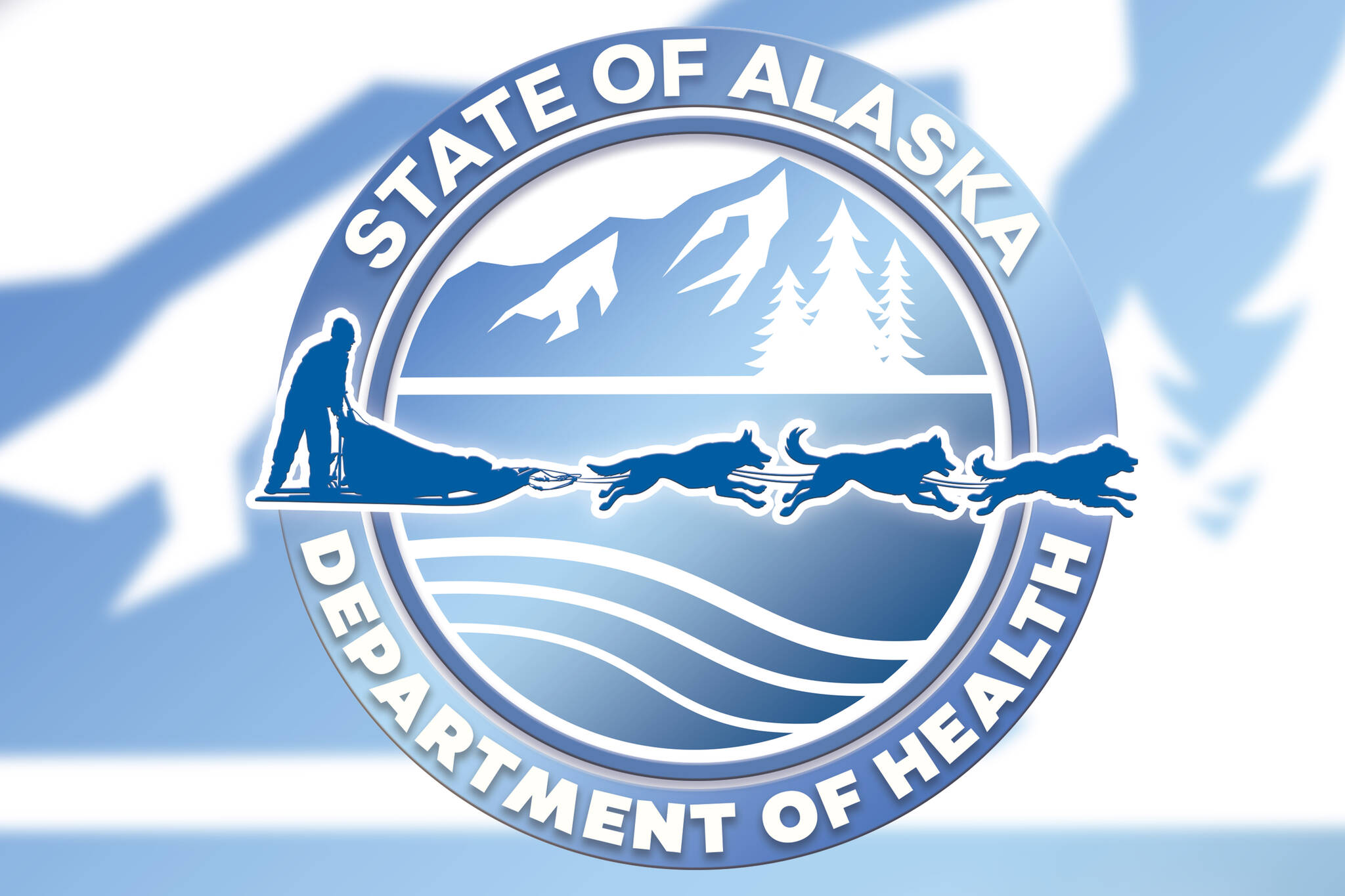Citing a 20-fold increase in cases of syphilis statewide between 2016 and 2022, the Department of Health is recommending most adults under age 45 in Alaska should be tested for syphilis at least once this year.
A Tuesday press release says that a surge in syphilis cases is being observed nationwide, and that Alaska has one of the highest rates in the country. In 2016, 20 cases of the disease were reported. In 2022, the most recent year reported, the number of cases was 424. According to previous Clarion reporting, last year’s number marks the first time since the surge began that numbers haven’t climbed year-over-year — in 2021, 447 cases were reported.
Additionally, the department last year reported in its Epidemiology Bulletin that cases of congenital syphilis — when syphilis bacteria is transmitted from a pregnant person to a fetus resulting in disability or death — have increased “dramatically.”
In 2018, the bulletin said, only one annual case of congenital syphilis was reported. In 2022 there were 12. Those cases are mostly concentrated in the Anchorage and Matanuska-Susitna regions, the release says, but syphilis has been diagnosed in “most regions” of Alaska. The department has previously said that most cases of syphilis are being found in heterosexual people who live in “urban environments.”
Guidance attributed to Alaska Chief Medical Officer Dr. Anne Zink in the release says that everyone “of reproductive age who is sexually active” should be tested for syphilis if “unsure” of their status. They should be retested, Zink says, each time they have a new partner, or every three to six months if they have multiple partners.
Syphilis is easily treated with antibiotics if caught early, the release says, but can develop into severe disease “even after months or years of having no symptoms.”
Syphilis is a bacterial infection spread primarily through sexual contact. The disease typically starts as a painless sore that may not be noticed at first, and spreads from person to person via skin or mucous membrane contact with these sores. The disease is easily curable and early treatment after exposure can prevent infection. When left untreated, however, syphilis can affect the heart, brain and other organs in the body.
Last year, the department recommending screening all pregnant people “regardless of risk factors” multiple times during their pregnancy to combat the rate of infection.
For more information about syphilis in Alaska, visit health.alaska.gov/dph/epi.
Reach reporter Jake Dye at jacob.dye@peninsulaclarion.com.

